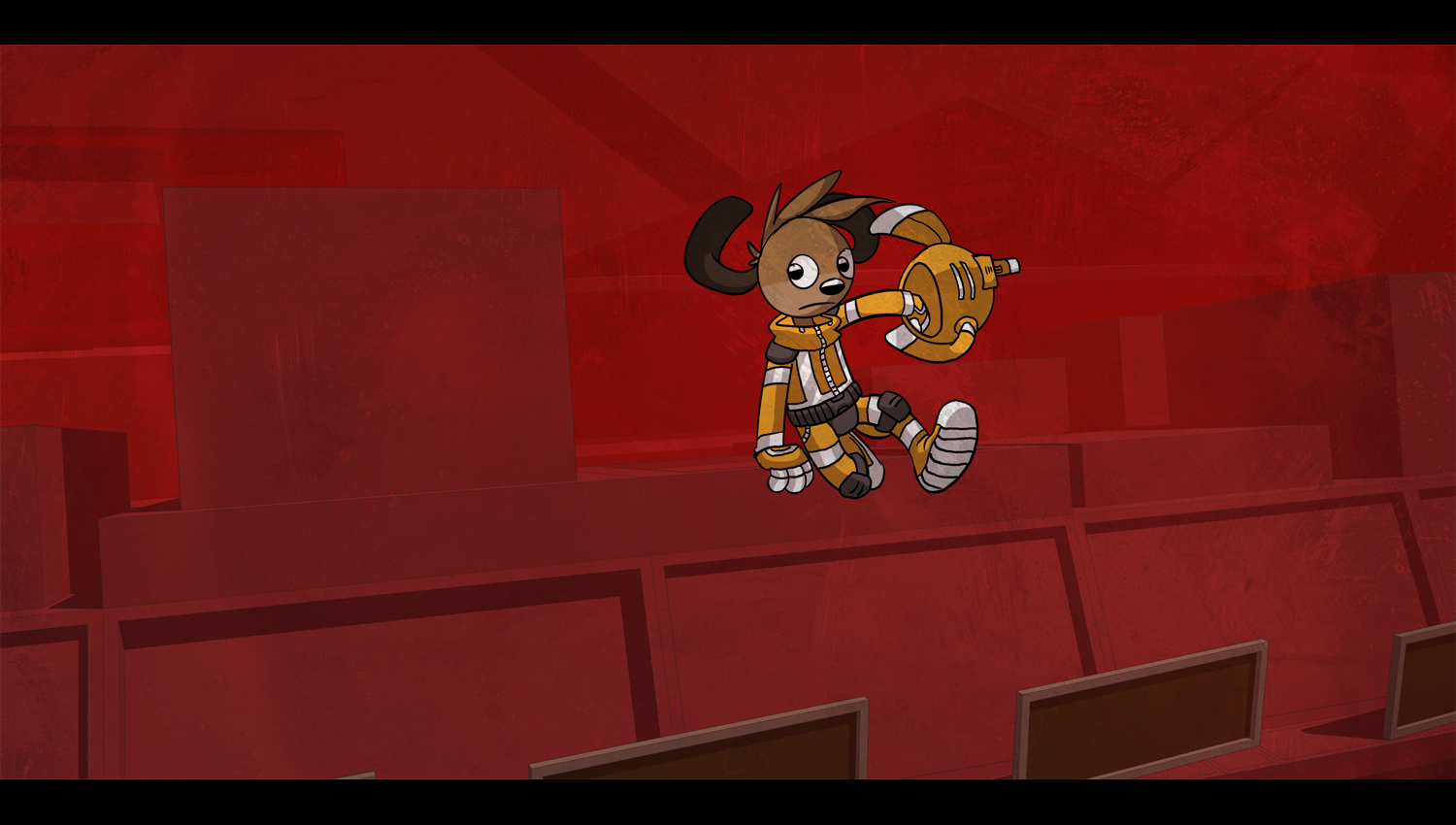A lesser-known duty of REZQ employees is to scuttle spacecraft.
It may seem unthinkable that spacecraft–of which many these days are overgrown, hulking monsters, embodying tens of thousands of tons of raw materials– would just be vaporised by thermonuclear fire rather than salvaged and refitted. There are plenty of companies that do the latter: REZQ, for one, have a habit of procuring very thoroughly-used spacecraft for their purposes. The truth is that the salvage value of a ship varies according to the availability of certain raw materials at any one time (and thus their cost). With new colonies being founded or collapsing on an almost daily basis, something that was plentiful yesterday may be scarce today, and vice versa.
There have been building booms as certain colonies have upturned seemingly vast reserves of ores used ultimately for shipbuilding–and in these bubbles, as resources have flooded the market, there have been times when it has been cheaper to build a new ship than to refit an old one. But on balance it’s usually a steadier bet, costwise, to refit an old ship–which is why so many ships are complex patchworks of ancient, busted, retrofitted systems slapped on top of each other.
Regardless of the material circumstances, some companies destroy their ships as a matter of policy if they think they might be incapacitated for even a couple of days. This could just be to minimise insurance liability to the owners for any damage or injury a drifting ship or its dangerous cargo might cause later. Or there could be valuable items or information onboard which need to be destroyed to stop it falling, as salvage, into a competitor’s hands–giving them boost in a turbocharged economy where any tiny advantage can make the difference between galactic domination and bankruptcy, making the cost of a destroyed ship a lesser sacrifice than the alternative.
Here, after being given the codes, and forced to sign half a dozen different non-disclosure agreements regarding anything he might see onboard the ship, Thom has been instructed to arm and instigate the self-destruct charges on a large, incapacitated corporate research vessel. He doesn’t know what’s aboard, and really, he doesn’t want to know. An NDA is no protection against the use of exotic interrogation techniques by corporate espionage specialists, and he’d hate to go through that and then get sued into a Debtors’ Colony afterwards because he gave up something of value in violation of his NDA.
He doesn’t get to set the duration of the exit timer–the company doesn’t want there to be any chance that another company could reach the ship before it blows. Thom has to hope that the timing is such that the worst of the blast will be shielded by a moon in whose orbit the stricken vessel is trapped — but this won’t be much help if he can’t get off the ship and back to his own vessel, Angel Fish, getting the clumsy autopilot to push it around the other side of the moon before the timer hits zero.
